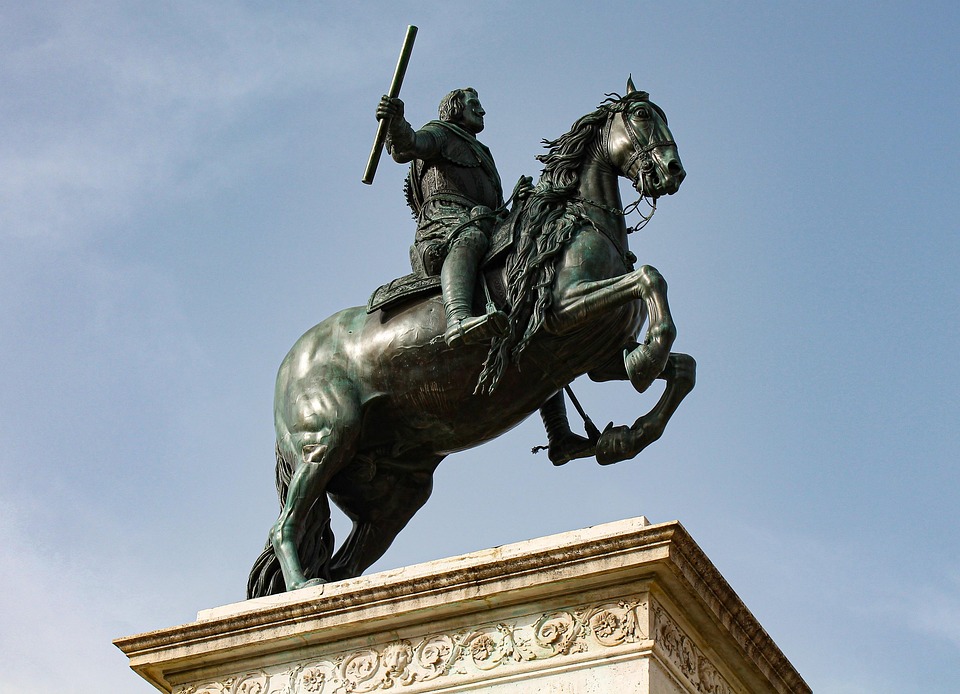Turning Points in Time: The Events That Changed the Course of History
Throughout human history, certain pivotal moments have significantly altered the trajectory of societies, nations, and even the world at large. These transformative events have not only shaped the fabric of their contemporary cultures but have also cast long shadows that influence modern life and geopolitical landscapes. This article explores several key turning points in history, examining their causes, implications, and enduring legacies.
The Agricultural Revolution (c. 10,000 B.C.)
Often regarded as one of the most significant transitions in human history, the Agricultural Revolution marked the shift from nomadic hunting and gathering to settled farming communities. This transition facilitated population growth, the establishment of permanent settlements, and the development of complex societies. With agriculture providing a more reliable food source, human beings could invest time and resources into other pursuits, leading to innovations in technology, governance, and culture that laid the groundwork for civilization as we know it today.
The Fall of Constantinople (1453)
The fall of Constantinople to the Ottoman Turks was a defining moment that not only marked the end of the Byzantine Empire but also set the course for European and Middle Eastern relations for centuries. This event led to the spread of Islam into Eastern Europe and the emergence of the Ottoman Empire as a dominant force. The fall also prompted the West to seek new trade routes, fostering the Age of Exploration, which reshaped global trade patterns and initiated cultural exchanges that would transform societies worldwide.
The Scientific Revolution (16th to 18th Century)
Beginning in Europe, the Scientific Revolution marked a profound shift in how humanity understood the natural world. Figures like Copernicus, Galileo, and Newton challenged long-held beliefs, facilitating a move towards empirical evidence and away from superstition and dogma. This transformation laid the groundwork for the Enlightenment, which flourished in the 18th century, promoting ideas about rationality, liberty, and democracy. The effects of the Scientific Revolution continue to resonate in modern scientific thought, educational systems, and approaches to knowledge.
The American Revolution (1775-1783)
The American Revolution was more than just a colonial rebellion against British rule; it was a radical assertion of the principles of liberty, equality, and governance by the consent of the governed. The success of the American colonies inspired revolutionary movements across Europe and Latin America, challenging monarchies and colonial powers. The ideals enshrined in the Declaration of Independence and the U.S. Constitution reverberated globally, influencing democratic movements and the development of modern political thought.
The Industrial Revolution (18th to 19th Century)
Emerging from Great Britain in the late 18th century, the Industrial Revolution transformed economies based on agriculture and handicrafts into economies driven by large-scale industry, mechanized manufacturing, and the factory system. This profound change brought about urbanization, shifts in labor markets, and significant social changes. Technological advancements, such as the steam engine and spinning jenny, revolutionized production, fundamentally altering daily life and leading to the rise of capitalism and new social classes. The ripple effects of the Industrial Revolution continue to influence economies and societies around the world today.
World War I (1914-1918) and World War II (1939-1945)
The two World Wars reshaped the global order, leading to the collapse of empires and the rise of the United States and the Soviet Union as superpowers. The aftermath of World War I laid the groundwork for geopolitical tensions that would spark World War II. The wars prompted significant social changes, including movements for civil rights, decolonization, and shifts in gender roles. Moreover, the establishment of international organizations like the United Nations emerged as a response to the devastation of global conflict, aiming to promote peace, security, and cooperation among nations.
The Cold War Era (1947-1991)
Following World War II, the Cold War divided the world into two ideologically opposing blocs: the capitalist West, led by the United States, and the communist East, led by the Soviet Union. This period was characterized by political tension, military build-ups, and proxy wars, influencing global alliances and conflicts around the world. The Cold War spurred significant advancements in technology, such as the space race and developments in nuclear power, while also leading to the creation of interventions in regions like Korea and Vietnam. Ultimately, the collapse of the Soviet Union in 1991 marked a significant ideological shift and led to the end of the Cold War, reshaping international relations and prompting a new era of globalization.
Conclusion
These turning points in time illustrate the intricate web of human history, where pivotal moments have led to profound changes across cultures, economies, and political landscapes. Understanding these events is crucial not only for grasping the past but also for navigating the complexities of the present and future. As we reflect on these historical milestones, we are reminded of the interconnectedness of human experiences and the continuing evolution of society over time. Each turning point invites us to ponder questions about progress, social justice, and the potential for collective action in addressing today’s global challenges.
[Modern Footnote Source Link: "Historical Turning Points,” Yale University Press, 2023.]

























Add Comment